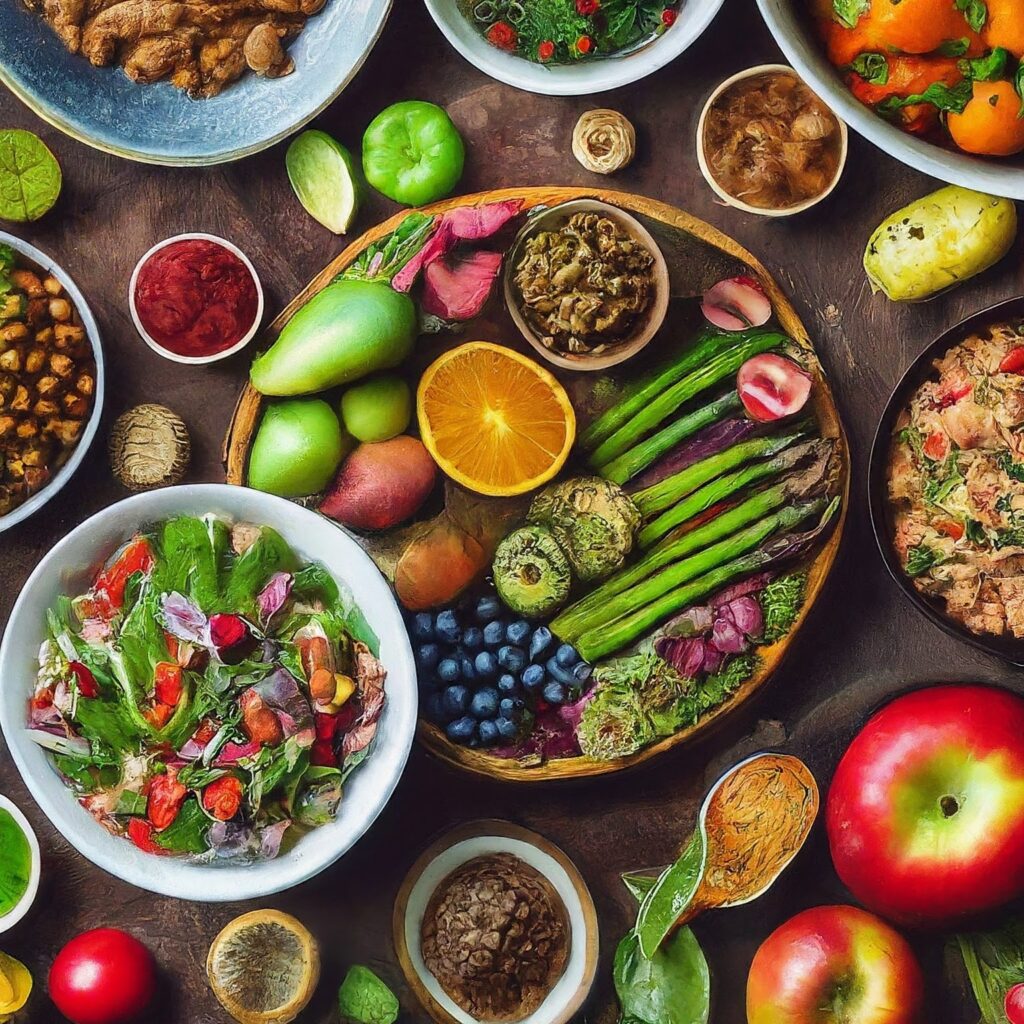What is Veganism and What Does It Entail?
How to Go Vegan? Veganism is a lifestyle choice that involves abstaining from the consumption of all animal products, including meat, eggs, dairy, honey, and any products derived from animals, such as gelatin or whey protein.
Vegans believe that all animals are capable of suffering and that it is wrong to exploit them for human purposes. They advocate for the protection of animal rights and seek to minimize the harm caused to animals in all areas of life.

What does a vegan diet entail?
A vegan diet is one that excludes all animal products. This includes meat, poultry, fish, seafood, eggs, dairy, honey, and any products that contain these ingredients.
Vegans typically eat a variety of plant-based foods, such as fruits, vegetables, whole grains, legumes, nuts, and seeds. They also often consume fortified plant-based milk alternatives, such as soy milk, almond milk, oat milk, or coconut milk, to ensure adequate intake of essential nutrients like calcium and vitamin D.
Benefits of a vegan diet
There are many potential health benefits associated with a vegan diet. These include:
- Reduced risk of heart disease
- Reduced risk of stroke
- Reduced risk of type 2 diabetes
- Reduced risk of some types of cancer
- Improved weight management
- Increased fiber intake
- Lower cholesterol levels
- Improved blood sugar control
In addition to these health benefits, a vegan diet can also be more environmentally sustainable than a diet that includes animal products.
Challenges of a vegan diet
While there are many benefits to a vegan diet, there are also some challenges. These include:
- Ensuring adequate intake of essential nutrients, such as protein, iron, calcium, and vitamin B12
- Finding alternatives to favorite foods
- Eating out at restaurants
- Social pressure
However, with careful planning and preparation, it is possible to overcome these challenges and enjoy a healthy and satisfying lifestyle.
Conclusion
Veganism is a lifestyle choice that involves abstaining from the consumption of all animal products. It is based on the belief that all animals are capable of suffering and that it is wrong to exploit them for human purposes.
A vegan diet can provide many health benefits, including reduced risk of heart disease, stroke, type 2 diabetes, and some types of cancer. However, there are also some challenges to a vegan diet, such as ensuring adequate intake of essential nutrients and finding alternatives to favorite foods.
With careful planning and preparation, it is possible to overcome these challenges and enjoy a healthy and satisfying vegan lifestyle.

